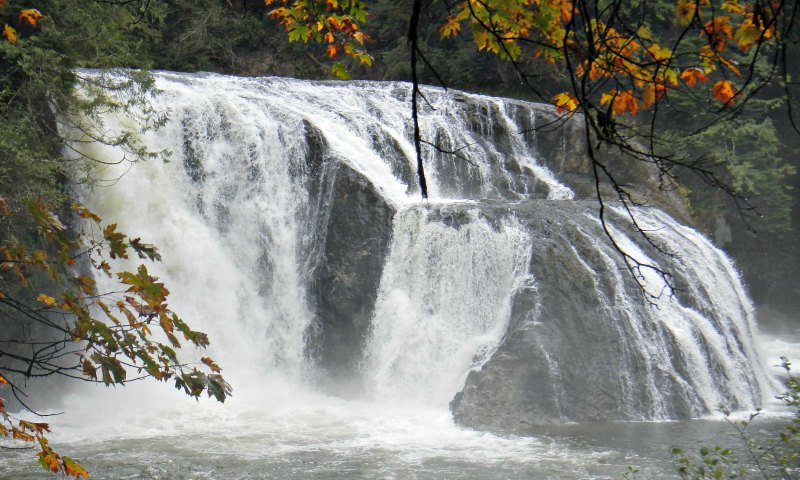Huu-ay-aht First Nations have begun $150-million watershed renewal program in the Sarita River watershed, the most important of the 35 streams and rivers in the nations’ traditional territory.
Huu-ay-aht’s ḥahuułi (traditional territories) includes Barkley Sound, the Alberni Inlet, and the Sarita River watershed, which extends over approximately 190 square kilometers. For generations, the Sarita has served as a source of food, transportation, and cultural value to Huu-ay-aht people.
Surrounded by giant cedar and hemlock, the Sarita River was one of the most productive salmon rivers in Barkley Sound and, since time immemorial, the Sarita and surrounding watersheds have sustained Huu-ay-aht. However, after decades of commercial fishing and extensive forestry, the rivers and watershed in the ḥahuułi have been severely degraded.
By 1997, 62 per cent of the Sarita watershed had been logged, including 97 per cent of the flood plain. As a result, the river is twice as wide as it once was in the lower river sections.
“We have always taken care of the resources in our ḥahuułi, especially the Sarita River, because it is the heart of our people,” said Tayii Ḥaw̓ił ƛiišin (Derek Peters). “We can’t forget about its importance just because we don’t live along its shores anymore.”
In 2017, Huu-ay-aht hired LGL Limited to develop a strategy for a Sarita and Pachena Watershed Renewal Program. The goal for the renewal program is to revitalize the Sarita and Pachena watershed ecosystems and, eventually, other watersheds within the ḥahuułi. This may take generations.
“When we logged years ago, a lot of the side channels were affected and, with that, a lot of our salmon habitat was destroyed,” said Huu-ay-aht Chief Councillor Robert J. Dennis Sr. “Now if you go around touring our land you will see our own people out working on these streams, restoring and renewing that habitat so that our salmon come back, so that they have a place in our rivers.”
He said that without the help of Steelhead LNG the Nation would not be able to fund this project, which entered its second year in 2018. Through the co-management of the Kwispaa LNG project, Huu-ay-aht has resources for renewal in its ḥahuułi. He said, in the past, the nation received grant money for some of this work, but much more is necessary.
“We are really kicking in a big effort over the next few years, because I’ve been told we have to do $150-million worth of renewal to bring our salmon back,” Dennis said. “This is an important project for our Nation. It is getting our people working, and it is bringing back our salmon, which is so important to our way of life.”
ƛiišin stressed the importance of using the tools the ancestors taught to guide the Nation in this new world.
“We have to remember our principles and that what we take from our land must be returned from the land,” he said. “This is something we are doing with our own money and by our people.”









